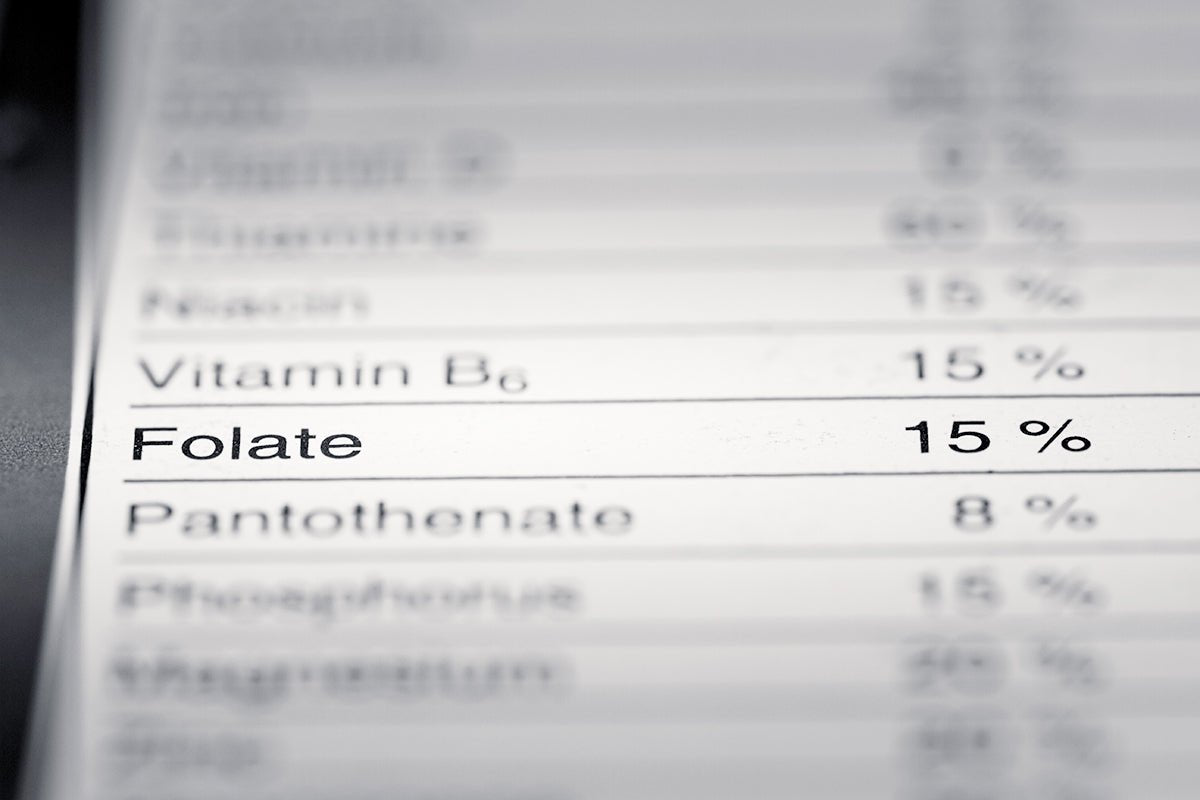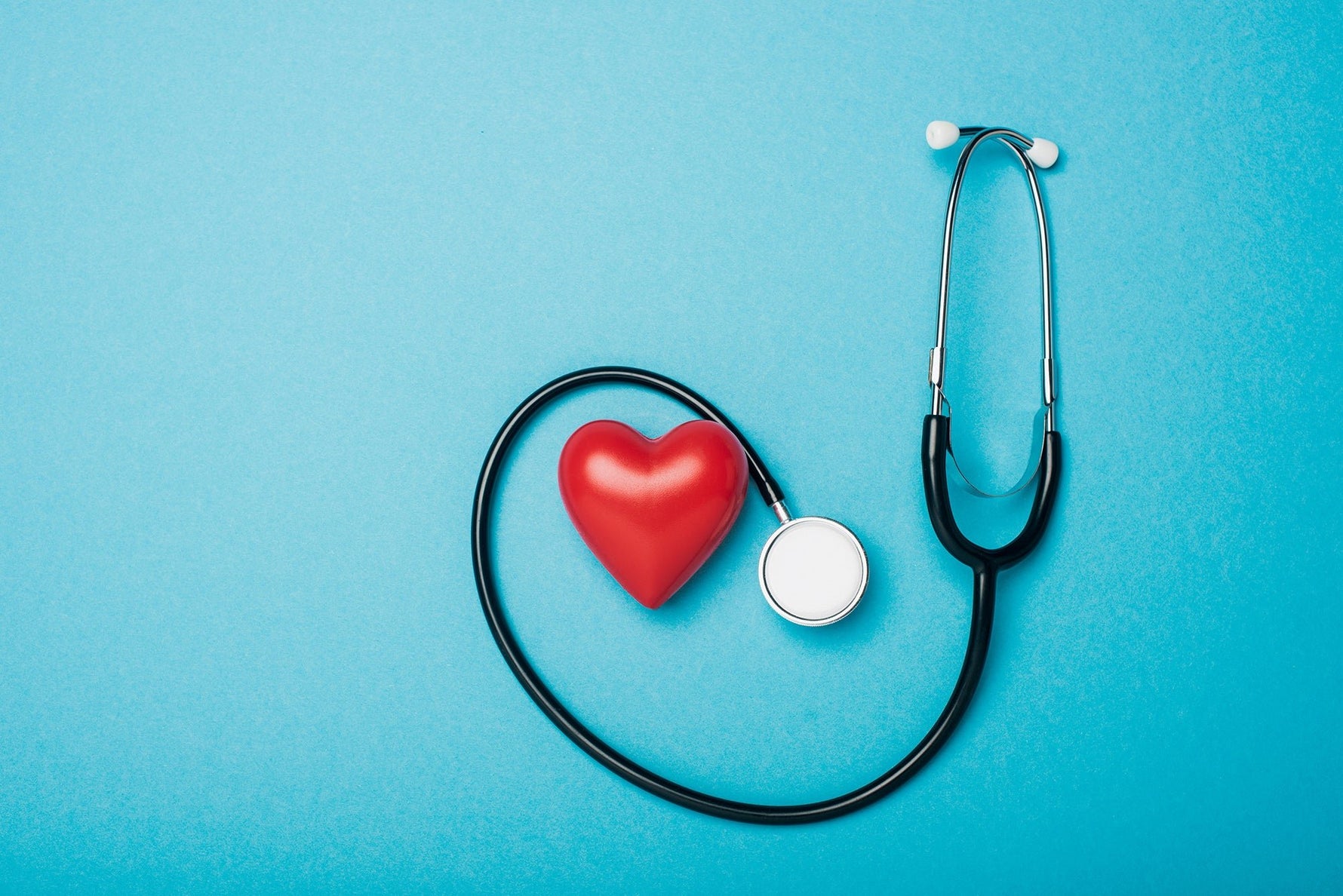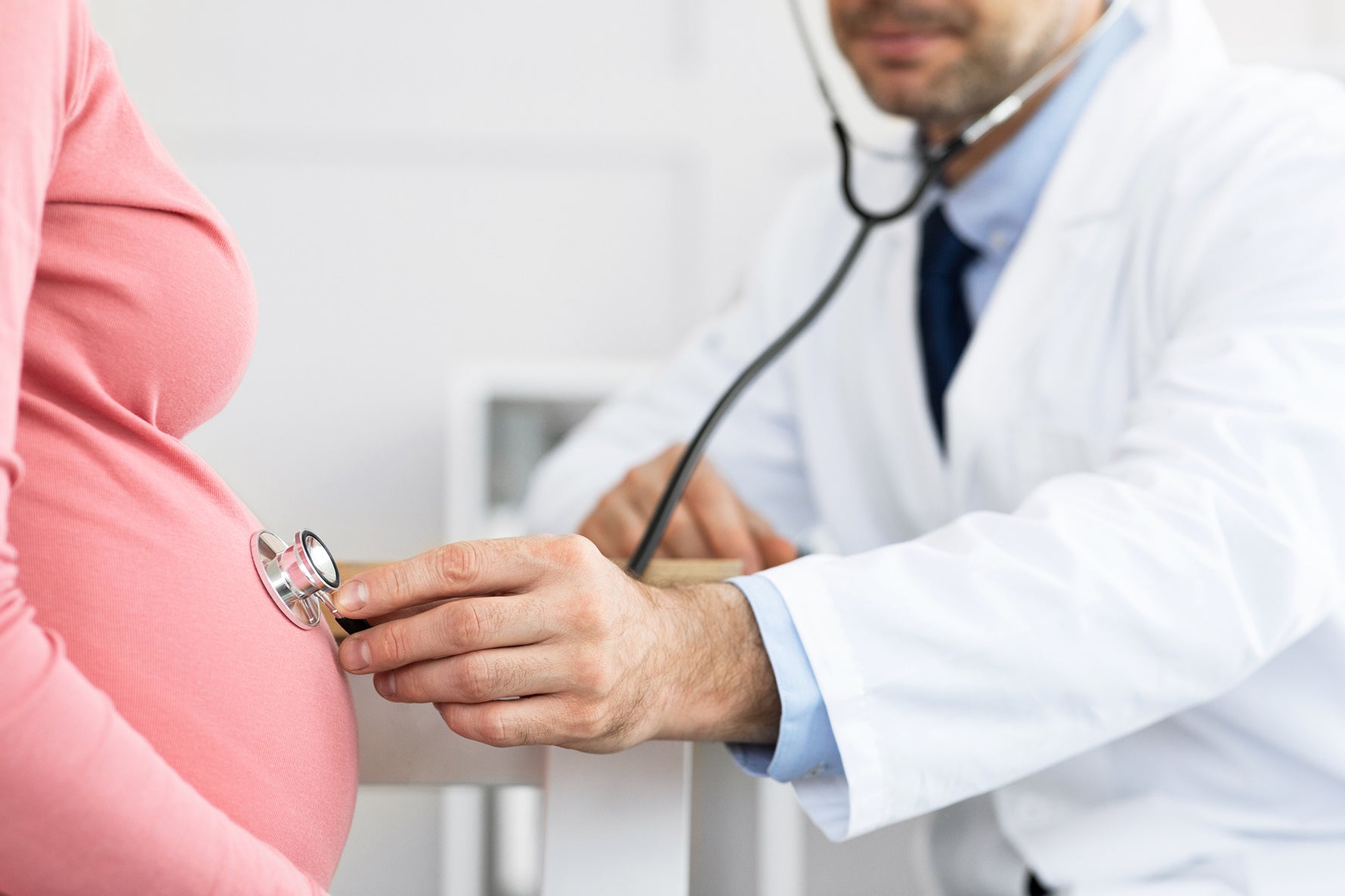20% OFF HEART HEALTH COLLECTION USE CODE EZHEART AT CHECKOUT
20% OFF HEART HEALTH COLLECTION USE CODE EZHEART AT CHECKOUT
20% OFF HEART HEALTH COLLECTION USE CODE EZHEART AT CHECKOUT
20% OFF HEART HEALTH COLLECTION USE CODE EZHEART AT CHECKOUT
20% OFF HEART HEALTH COLLECTION USE CODE EZHEART AT CHECKOUT
20% OFF HEART HEALTH COLLECTION USE CODE EZHEART AT CHECKOUT
20% OFF HEART HEALTH COLLECTION USE CODE EZHEART AT CHECKOUT
20% OFF HEART HEALTH COLLECTION USE CODE EZHEART AT CHECKOUT
20% OFF HEART HEALTH COLLECTION USE CODE EZHEART AT CHECKOUT
20% OFF HEART HEALTH COLLECTION USE CODE EZHEART AT CHECKOUT
20% OFF HEART HEALTH COLLECTION USE CODE EZHEART AT CHECKOUT
20% OFF HEART HEALTH COLLECTION USE CODE EZHEART AT CHECKOUT
20% OFF HEART HEALTH COLLECTION USE CODE EZHEART AT CHECKOUT
20% OFF HEART HEALTH COLLECTION USE CODE EZHEART AT CHECKOUT
20% OFF HEART HEALTH COLLECTION USE CODE EZHEART AT CHECKOUT
20% OFF HEART HEALTH COLLECTION USE CODE EZHEART AT CHECKOUT
20% OFF HEART HEALTH COLLECTION USE CODE EZHEART AT CHECKOUT
20% OFF HEART HEALTH COLLECTION USE CODE EZHEART AT CHECKOUT
20% OFF HEART HEALTH COLLECTION USE CODE EZHEART AT CHECKOUT
20% OFF HEART HEALTH COLLECTION USE CODE EZHEART AT CHECKOUT
20% OFF HEART HEALTH COLLECTION USE CODE EZHEART AT CHECKOUT
20% OFF HEART HEALTH COLLECTION USE CODE EZHEART AT CHECKOUT
20% OFF HEART HEALTH COLLECTION USE CODE EZHEART AT CHECKOUT
20% OFF HEART HEALTH COLLECTION USE CODE EZHEART AT CHECKOUT
EZ Melts Health Blog

EZ Melts Health Blog
Prenatal Nutrition and Picking the Best Prenatal Supplements
by Annie-Eliza Stevens
on Feb 06 2024
Reading Time: 3 minutes
Congratulations, parent-to-be! As you navigate through the exciting journey of pregnancy, you may be brimming with questions about the best ways to have a smooth transition pre- and post-pregnancy
One of the best ways to do so is by ensuring that you receive all the necessary nutrients through a healthy diet and vitamin supplements.
In this blog, we will discuss why prenatal health and vitamins are crucial during pregnancy, key nutrients for a healthy pregnancy, and recommended supplements for those who are expecting.
Why Prenatal Nutrition is Important
Prenatal health plays an essential role in ensuring that both you and your baby stay healthy during pregnancy.
By taking care of your health, you give your baby a strong foundation for growth and development, not to mention a great head start in life!
Proper nutrition may also reduce the risk of complications during pregnancy, such as preterm labor, gestational diabetes, and preeclampsia.
Ways to Get Essential Nutrients During Pregnancy
Eating a balanced diet that includes fruits, vegetables, proteins, and healthy fats is essential for supporting your best pregnancy experience.
A well-balanced diet can also reduce the risk of common pregnancy ailments such as constipation, heartburn, and morning sickness.
A widespread recommendation by medical professionals is typically to incorporate quality prenatal supplements that focus on the vitamins and minerals a pregnant person needs.
Key Nutrients for a Healthy Pregnancy
The following nutrients are particularly important for pregnant women: Folic acid, iron, calcium, vitamin D, and omega-3 fatty acids.
Folic acid helps prevent birth defects in the baby’s brain and spinal cord. Iron is essential for the production of red blood cells in the baby and ensures that the mother has enough blood during pregnancy.
Calcium and vitamin D support the development of the baby’s bones and teeth, while omega-3 fatty acids support fetal brain and eye development.
Healthy Meal Planning Tips for Your Pregnancy
Healthy meal planning is vital during pregnancy as it can help you meet all the nutritional requirements for a healthy pregnancy.
Try to consume a variety of high-fiber fruits, vegetables and complex whole grains, and lean proteins. Aim for three meals a day and two healthy snacks as usual, but always eat if you’re hungry. Listen to your body and what it’s telling you.
Overall, try to avoid processed foods, sugary drinks, and caffeine that are heavily prevalent in the Western diet and drink plenty of water.
Vitamin Supplements to Support Prenatal Health
In addition to eating a healthy diet, prenatal vitamins can help ensure that you get all the necessary nutrients for a healthy pregnancy.
Prenatal vitamins usually contain folic acid, iron, calcium, and vitamin D. It’s best to speak to your doctor to find the right vitamin supplement for your specific needs.
The Role of Additional Supplements During Pregnancy
In some cases, you may need additional supplements such as DHA, vitamin B12, zinc, and magnesium, but your doctor will help tailor a plan to your individual needs.
DHA is an omega-3 fatty acid that supports the baby’s brain and eye development. Vitamin B12 is essential for the formation of red blood cells. Zinc and magnesium support fetal development.
Do I Need to Talk to a Doctor Before Taking Prenatal Vitamins?
Although most supplements are safe for pregnant women, it’s crucial to speak to your healthcare provider before taking any. Your healthcare provider can guide you in choosing the best supplements that suit your specific needs and recommend safe dosage guidelines.
Conclusion
As an expecting parent, it’s important to prioritize your and your baby’s health. Proper nutrition and vitamin supplements can support a healthy pregnancy, reduce the risk of complications, and ensure that your baby develops well.
Eating a balanced diet, taking appropriate vitamin supplements, and consulting with your healthcare provider are all crucial steps towards a healthy and safe pregnancy. Wishing you the best possible pregnancy experience.

EZ Melts Health Blog
Important Habits to Start Now Before Pregnancy
by Annie-Eliza Stevens
on May 07 2022
Read Time: 6 minutes
Many women start new, healthier habits when they find out they are pregnant, which is a wonderful thing. However, it’s recommended to start building healthy habits and taking the necessary supplements for fetal health before conceiving.
It’s never too early to change your lifestyle for the better, but if you are planning or trying to conceive within the next couple of years, it’s especially important.
Adopting healthy habits doesn’t need to be overwhelming. Work your way up to lifestyle changes so that they don’t completely alter your life in a matter of days. It’s better in the long run to take small steps that will make a lasting positive impact on your health and the health of your baby.
Here are the top five to-dos to add to your pre-pregnancy checklist (we also included a handy printable checklist from the CDC at the end of this article).
Talk with your medical care team on how to incorporate these safely, depending on medications, lifestyle, and health conditions.
Stop Alcohol Consumption, Drug Use, and Smoking
This one is talked about a lot, but because it is so important, we had to include it! Here’s why: alcohol, illegal drugs, and smoking cigarettes can lead to severe birth defects, pregnancy, birth complications, and even fetal death, not to mention they negatively impact your quality of life.
If you find it difficult to stop using drugs or alcohol for whatever reason, please talk to a medical professional you trust about how to reduce and stop these habits well before getting pregnant (think at least a year before).
Preconception Health Appointment
Preconception appointments with your medical specialist are meant to help you and your partner prepare for the changes ahead while increasing your chances of conceiving.
If you are conceiving or raising your future children with someone else, it’s important that both people reflect on their health habits, lifestyle, and mental preparedness.
Your doctor or midwife will be able to take a holistic view of your habits and health to determine the next steps in your journey to becoming pregnant. They may talk to you and your partner about supplements, running blood tests, and your family history to ensure you have a healthy pregnancy.
Always consult a doctor before altering or stopping any prescription or routine. Doing it by yourself in order to get pregnant can cause damage to your body and be worse for conception in the long run.
Be Active in 10 Minute Intervals
Exercise is one of those habits that doesn’t provide a lot of instant gratification (besides those wonderful endorphins) until you get into a groove and work out regularly.
But here’s the good news: you don’t need to be an athlete to enjoy and benefit from physical activity. It’s recommended that you get about 150 minutes of moderate exercise per week, which is equal to exerting yourself but still being able to hold a conversation.
This may sound like a lot, but if you were to incorporate small bursts of physical movement into your already established routine, you’ll be getting the benefits from 150 minutes in no time.
Try this out: take a ten-minute break every two hours during the day to stretch and speed walk around your office, neighborhood, or house. Do that for a total of 30-60 minutes a day, and you’ll have your new routine down in no time. You may even decide to incorporate more physical activities once your body is used to getting the exercise it needs.
Talk to Doctor and Stop Birth Control Before Trying to Conceive
People will often make the decision to become pregnant and stop taking birth control pills, get their IUD out, or stop other methods of contraception right before trying. Some of these methods alter your hormones which can take some time to get back to normal.
It’s said that you ovulate and can conceive a month or so after getting an IUD taken out at your gynecologist’s office or stopping the pill, however, some people find it takes six months to a year for conception to happen. It really depends on your lifestyle, your health, and your partner’s reproductive health as well. Talk to your doctor about any concerns you have.
Start a Prenatal Supplement Before Pregnancy
People always ask an expectant parent: are you taking a good prenatal vitamin?
Quality prenatal supplements, in addition to a well-rounded, nutrient-dense diet, is crucial to your health and fetal health. During pregnancy, your body is rapidly changing and creating new life, so it needs extra nutrients to support you and your baby.
However, many people don’t start taking a prenatal before conception, which is also extremely helpful in preparing your body for pregnancy and childbirth. It is now recommended to take a supplement at least a month in advance of trying to conceive.
Whichever you choose, make sure it has natural, quality-sourced ingredients and 400 mcg of daily folic acid, which, especially when taken in advance of getting pregnant, can reduce problems with fetal brain and spine development
What should be included in a good prenatal vitamin?
Folic Acid
Calcium
Iron
Iodine
B-Complex or B vitamins
Vitamin D
Vitamin C
Vitamin A
If you are looking for a complete checklist to start planning your pregnancy journey, click here and print out this free preconception guide.
___
Written by Annie-Eliza Stevens

EZ Melts Health Blog
What is Folate and Why is it Important
by Annie-Eliza Stevens
on Jun 27 2021
Read time: 3 minutes
Grow your own DNA! Folate, or folic acid, is also known as vitamin B9. It is a nutrient found in food and supplements that is key for physical and mental development. All vitamins and minerals are vital for optimal health; however, folic acid is especially important for fetal development, which is why people who are pregnant should take care to ensure proper consumption of B9. In addition, folate and folic acid have many other benefits.
Folate vs Folic Acid
Folate is the form of B9 which is found in foods, while folic acid is the synthetic version of B9. Both are safe, approved by the FDA, and equally useful. Folate is found in whole foods such as leafy greens like spinach and broccoli, chickpeas and kidney beans, liver, and more.
Sometimes, however, it can be hard to get the recommended daily amount, and people, especially people who are pregnant, need adequate amounts in order to thrive. This is where folic acid comes in! As with many vitamins and minerals, doctors will recommend folic acid supplements to make sure all the bases are covered.
When consumed, folic acid is digested, converted into an active form that the body can use, and enters the bloodstream. However, sometimes the body can’t convert all of it if there are excess amounts in the system, so be sure to follow the recommendations for daily intake.
Benefits of B9
Folic acid supplements are one of the most important vitamins to add to a daily regimen when pregnant. This is because, during the gestation of a fetus, a person’s body needs to increase the production of DNA, which requires folic acid. Vitamin B9 plays a critical role in forming a fetus’s neural tube. Taking folic acid supplements when pregnant can decrease the likelihood of congenital heart defects and other birth defects, preterm birth, and ectopic pregnancy.
But we always need B9, so it’s important for everyone. Folic acid, along with the other seven B vitamins, supports a healthy metabolism by breaking down carbohydrates into fuel for energy. Vitamin B9 also helps support an even mood and emotional health and has been found to aid other vitamins in lowering the risk of heart disease.
Folate Deficiency
So how do you know if you’re low on folate? There are some physical signs to note, such as poor childhood growth, an inflamed tongue, bad breath, a weak appetite, diarrhea, sluggishness, and shortness of breath. If you believe you are deficient, consult a doctor about taking a supplement to support your health.
People who are especially at risk of a folic acid deficiency are people who overuse alcohol, people with digestive issues such as IBS or celiac disease, and people with certain genetic conditions. If you fall into one of these, or just want to focus on getting the nutrients you need, look at what you eat daily. Folate foods, like dark green leafy vegetables, beans, peanuts, and sunflower seeds may help you get the daily serving of folate you need. Also, a folate supplement can help. Consider adding the EZ Melts’ folate supplement to your daily routine.
Our vitamins are fast melting and have a delicious customer-approved flavor. Unlike many major vitamin brands, our tablets are vegan and do not include harmful ingredients, artificial flavors, or GMOs. Try us out and see the difference!
___
Written by Annie-Eliza Stevens

EZ Melts Health Blog
4 Benefits of Biotin You Don’t Hear About
by Annie-Eliza Stevens
on May 01 2021
Read time: 3 minutes
Vitamin B7, or as many people know it, biotin, is an incredibly important B vitamin to get enough of. Often it is found in health supplements meant to aid in growing strong hair and nails and keeping skin glowing year-round. But what many people may not realize is biotin is essential for everyone, at every stage of life. Unfortunately, we have to get biotin through our food sources, and many people end up lacking the vitamins and minerals they need to live their best lives. Here are four benefits of biotin beyond hair, skin, and nails that might surprise you.
Healthy Weight
Bodies come in all shapes and sizes, and we as a society still have a way to go in normalizing differences. However, if you are concerned about your weight’s impact on your physical health, one such factor to be aware of is making sure you are getting enough vitamins and minerals.
This is because biotin, among other essential vitamins, supports thyroid regulation, and your thyroid, in turn, affects hormone balance and function, weight, and metabolism. Several enzymes in your body that process and metabolize fat, carbs, and proteins are supported by biotin. We can all celebrate our unique selves while still getting all the nutrition our body needs to function properly, biotin included.
Fetal Development
While it is rare to have a complete lack of biotin in one’s nutrition these days, always consult with a medical professional to make sure, especially if you’re expecting. Biotin is critical for many enzymatic reactions involved in growth and metabolism. Pregnant women particularly can become B7 deficient, and deficiency has been correlated with skeletal abnormalities in mammals and preterm infants. An increase in the amount of biotin consumed is often needed to support fetal growth for both parent and child.
Blood Sugar
Biotin is being studied in relation to supporting healthy blood sugar levels. Scientists believe that biotin may be connected to the body’s ability to regulate and synthesize glucose once it enters the bloodstream. If there is a history of glucose intolerance in your family or you are feeling especially fatigued and can’t pinpoint the issue, talk to your medical provider about the possibility of blood sugar abnormalities and if changing or supplementing your diet with vitamins and minerals like B7 will support a healthier lifestyle.
Heart Health
Heart disease is still the number one cause of death for men and women across the board, so it’s incredibly important to maintain cardiovascular health and find ways to support your heart. Proper nutrition and exercise are both very important for optimal heart health. Biotin has been correlated in some studies with lower levels of fat storage in the heart, and excess fat is known to be a risk factor in heart disease.
While it is also important not to take too much biotin, as some studies suggest it can skew lab tests, B7 is a vital component of organ health. Making sure to get adequate amounts of biotin in external sources, such as supplements and food, is a great way to support a healthy, active lifestyle.
The EZ Melts Difference
If you try biotin supplements, see why EZ Melts is better--our vitamins are fast melting, EZ to take, and have a delicious customer-approved flavor. Unlike many major vitamin brands, our tablets do not include harmful toxic ingredients, artificial flavors, or GMOs. Try us out and see the difference!
___
Written by Annie-Eliza Stevens

EZ Melts Health Blog
Reducing the Risk of Brain and Spine Defects
by Annie-Eliza Stevens
on Oct 23 2020
Birth defects are more common than you think.
There are an estimated 7.9 million infants born with birth defects around the world every year. Right now, that is 6% of all births annually [1].
In the United States alone, 120,000 infants are born with birth defects, due to a combination of genetic and environmental factors [2]. That’s 1 in 33 babies. Unfortunately in many cases the cause is unknown.
However, there is a way to reduce the likelihood of brain and spinal defects. Studies show that taking folic acid, the supplement version of B-9 (folate) can help reduce the risk [3]! This is because folate helps develop the neural tube in a fetus, which is linked to both spine and brain health.
What is Folate?
Also known as folic acid, this vitamin helps make genetic material and it plays a main role in dividing and generating cells.
The average person needs less than pregnant women, but the correct intake is important for all. Here is a chart of what bodies need according to age group. As you can see, it’s recommended a pregnant or nursing woman takes anywhere from 400 to 600mcg DFE, but always consult with your medical professional before starting a new vitamin regimen.
Folate vs Folic Acid
Is there a difference between folate and folic acid? Yes and no!
They are both vitamin B-9, however folate naturally occurs in food, and folic acid is manufactured in labs as supplements and in fortified foods [4].
Folic acid tablets are usually the form of B-9 recommended before and during pregnancy. In addition to helping lower the likelihood of birth defects, it also may help in lowering the chances of preeclampsia and anemia [5].
You and your baby deserve the best wellness and risk-reducing methods available, and taking folic acid tablets is a crucial first step to peace of mind and self-care.
Folic Acid Supplements
Everyone needs B-9, as they do all other vitamins and minerals! Usually people get their daily folate through food, although checking in with a doctor if you have any symptoms of deficiency is highly recommended.
Deficiencies can be caused by many things, like poor diet, alcoholism, conditions like celiac disease, dialysis, and types of anemia!
If you find yourself trying folic acid tablets, make sure you are choosing a brand that cares about what they put into their vitamin supplements as much as you care about what goes into your body!
The best part about choosing EZ Melts? Our tablets are fast melting, EZ to take, and have delicious customer-approved flavors. In addition, all our supplements have zero chemical additives, are vegan, and non-GMO.
Thanks for being a part of our community!
Sources
https://www.nature.com/scitable/topicpage/birth-defects-causes-and-statistics-863/#:~:text=Every%20year%2C%20an%20estimated%207.9,children%20are%20disabled%20for%20life.
https://www.cdc.gov/ncbddd/birthdefects/facts.html
https://www.cdc.gov/ncbddd/folicacid/about.html
https://www.webmd.com/diet/qa/what-is-the-difference-between-folate-and-folic-acid#:~:text=Folate%20is%20the%20generic%20name,acid%20have%20the%20same%20effects.
___
Written by Annie-Eliza Stevens

EZ Melts Health Blog
What Do Sports and Pregnancy Have in Common?
by Annie-Eliza Stevens
on Aug 20 2020
Both athletes and people who are pregnant need this to stay strong and nourished. Well, okay, all people need this.
A pregnant woman needs twice the amount of this mineral that they did preconception [1], and if you’re a fitness devotee, your muscles need this to power through even the toughest workout.
Speaking of muscles and pumping iron, yep…you guessed it (well, we just gave it away)!
We’re talking about iron, a mineral that is critical to endurance, strength, and vitality. Iron is essential for blood to carry oxygen through your body. It’s also necessary to create blood cells in general, hence why a shortage of iron = higher risk of conditions like anemia. Best case scenario? You’re fatigued and sluggish.
Intro to Iron
Iron has a slew of important roles within your body, including:
Neurological development
Physical growth in young children
Muscle endurance and metabolism
Linked to stronger immune systems
Synthesis of specific hormones
Yet with how essential iron is to our health, too many people don’t get enough!
Ready for something that might shock you? Approximately 10 million people have an iron deficiency, and of those people, 5 million have anemia [2] That’s a lot of missing blood cells!
Why the shortage? When people think of iron and protein, maybe a thick cut of steak comes to mind, but there is an abundance of it in all sorts of foods that are much healthier, like fish, poultry, beans, and leafy greens to name a few [3]. (Click here for an extensive list of food options containing iron). Vegetarians are at increased risk of iron deficiency due to not consuming meat, which is why it’s important to include the other alternatives.
However, even with this information, many people are not eating the foods required to sufficiently fuel their bodies. Totally understandable! With the hectic culture we live in, the last thing many of us are thinking of is looking at a nutritional label for iron and other vitamins/minerals.
Go-go-go society aside, people will often choose to take iron supplements with the advice of a medical professional.
Too Much, Too Little
Just as not having enough iron can pose health risks, so does having too much iron, which can lead to aching joints and fatigue [4], with the extreme of overconsumption being toxic amounts of iron in your bloodstream. This is why you should always check in with a health care provider before starting a new supplement regimen!
Our vitamins are fast melting, EZ to take, and have delicious customer-approved flavors. Have you tried our Zero Sugar, Vegan, Gluten-Free, Non-GMO Iron supplement? If so, let us know what you think!
Sources:
https://www.webmd.com/baby/are-you-getting-enough-iron#1
https://www.medicalnewstoday.com/articles/287228#:~:text=ANSWER%20OUR%20SURVEY-,Benefits,person%20is%20not%20getting%20enough.
https://ods.od.nih.gov/factsheets/Iron-HealthProfessional/
https://www.shape.com/healthy-eating/diet-tips/minerals-improve-workout-performance
___
Written by Annie-Eliza Stevens


















